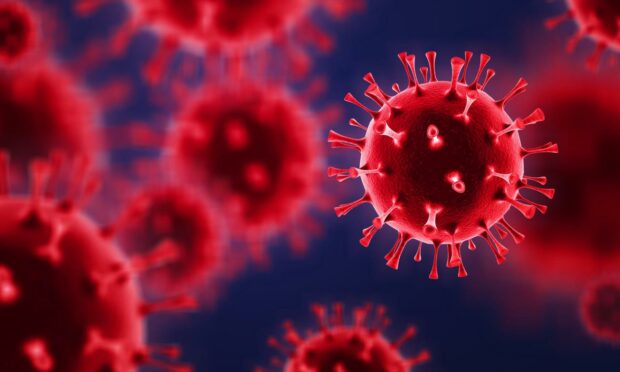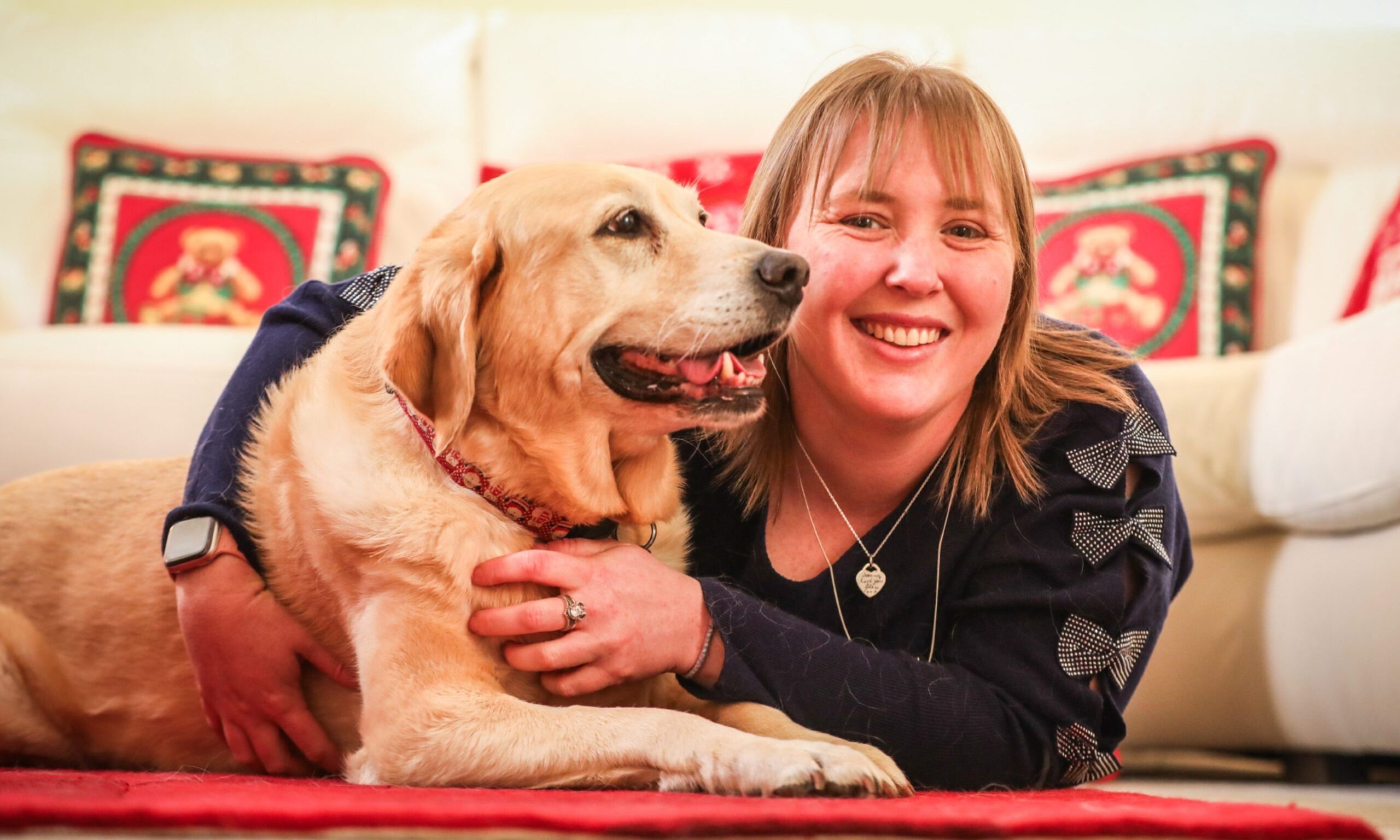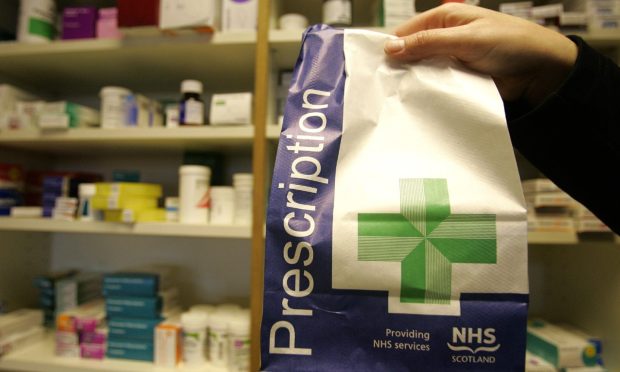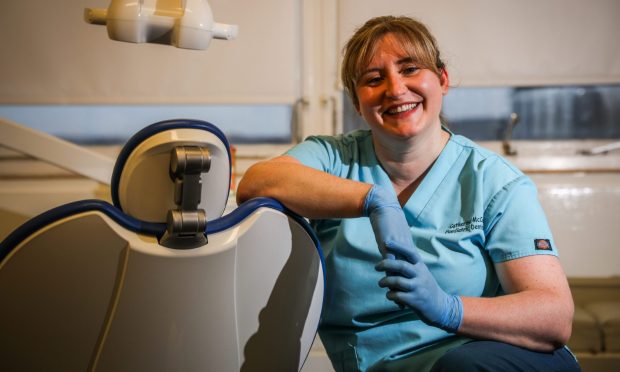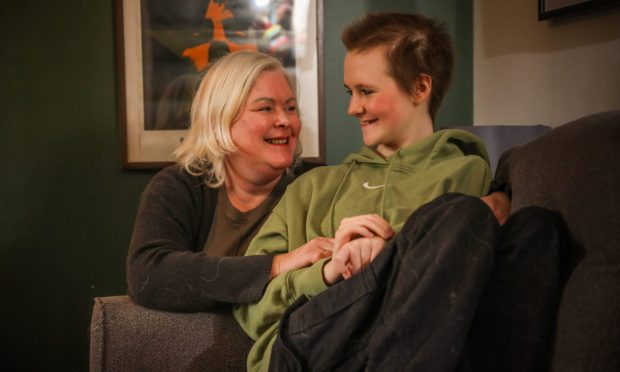The Omicron variant is known for being “more transmissible” than any other Covid strain.
And with the self-isolation period cut to seven days in Scotland, questions have arisen over when it’s safe to meet up with loved ones after you or they have been infectious.
But what is transmissibility? How does it impact the spread of Covid? And when can you be sure you’re no longer infectious after having had the virus?
We’re answering your questions.
What is transmissibility?
How easily a disease or virus like Covid is passed from person to person.
If a virus is highly transmissible, it is very easily spread from person to person.
Covid has become more transmissible through the Omicron variant. It is more infectious, but seems to cause less severe illness.
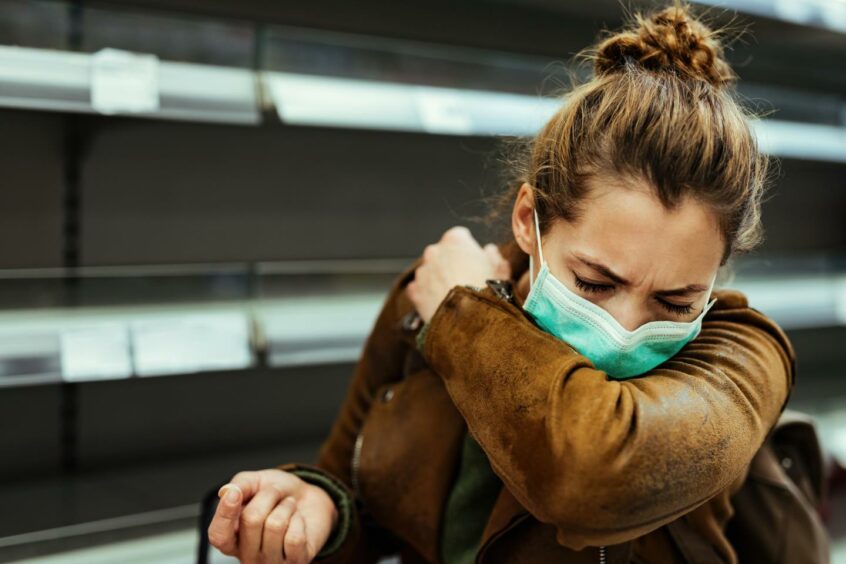
One suggestion for this higher transmissibility is the new strain seems to cause a higher number of asymptomatic cases than previous variants.
This means people can spread it when they don’t even realise they’re infected.
Another suggestion is that Omicron is thought to have a lower incubation period than previous strains of coronavirus.
What is the incubation period?
The incubation period is the number of days between when you’re initially infected with a disease or virus and when you might see symptoms.
Omicron is thought to have an incubation period of three to five days. This is shorter than strains such as Alpha and Delta.
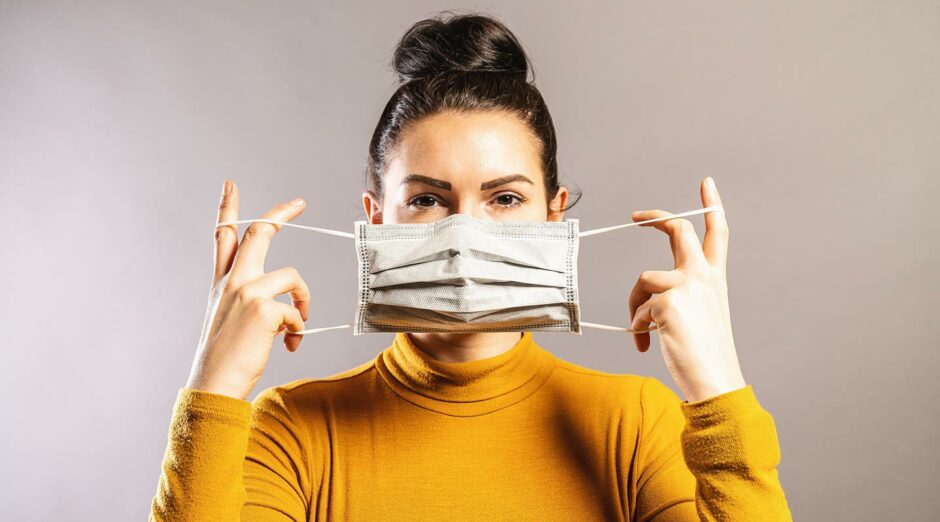
According to the World Health Organisation, the average incubation period for these strains was 5.6 days. However, it could be as many as 14.
Because the incubation period for Omicron is thought to be shorter, this means there is less time between catching the virus and becoming infectious.
This is thought to be one reason the variant spreads faster than previous strains.
So, how long am I infectious for if I have Covid?
At the start of January, the self-isolation period was cut from 10 days down to seven. To do so, you must return two negative lateral flow tests on days six and seven.
But is it safe to meet up with loved ones on day seven even if you test negative and can end self-isolation? Or do you still risk passing the virus onto them?
Views on this vary.
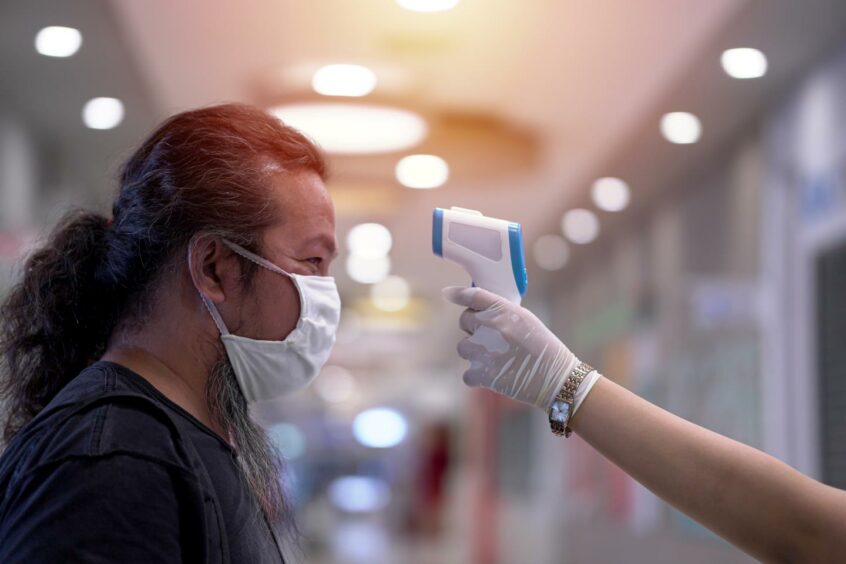
For example, in the US, advice from the Centers for Disease Control and Prevention (CDC) states: “Available data suggest that patients with mild-to-moderate Covid-19 remain infectious no longer than 10 days after symptom onset.
“Most patients with more severe-to-critical illness likely remain infectious no longer than 20 days after symptom onset.”
This suggests your infectious period depends on how mild or severe your Covid symptoms were.
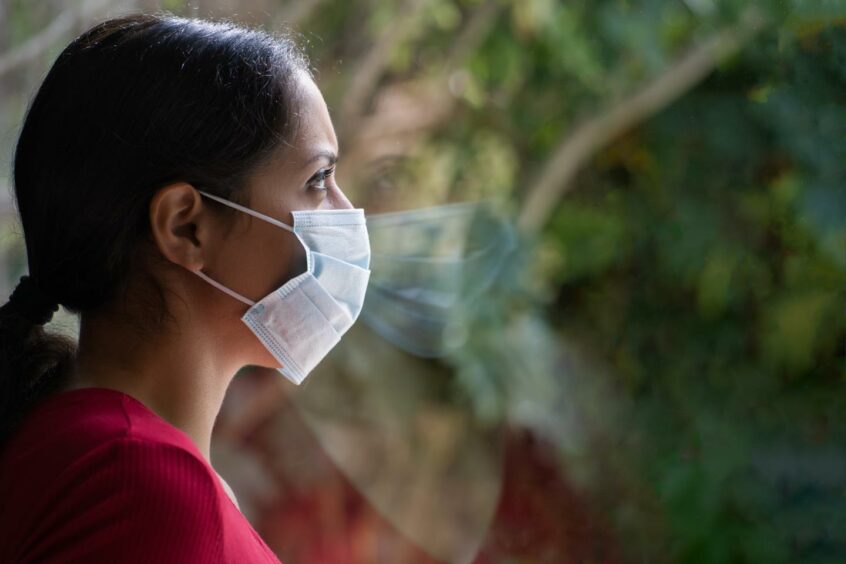
Here in Scotland, NHS Inform advice following self-isolation is to:
- Limit close contact with other people outside your household, especially in enclosed spaces, for 10 days;
- Wear a face covering in enclosed spaces and where you cannot maintain physical distancing;
- Limit contact with anyone who is at highest risk for 10 days;
- Not visit people in care homes, hospitals, prisons or other detention centres for 10 days, unless essential and agreed with staff in advance;
- Continue twice weekly lateral flow testing after the 10 days.
While official advice is to limit social contact for the 10 days following the end of your self-isolation period, you can begin seeing loved ones immediately.

However, it is a good idea to let those you’re meeting up with know you’re recently out of self-isolation, so they can make an informed choice about whether to socialise with you.
You should also make sure to complete a lateral flow test before heading out to meet anyone from another household.
